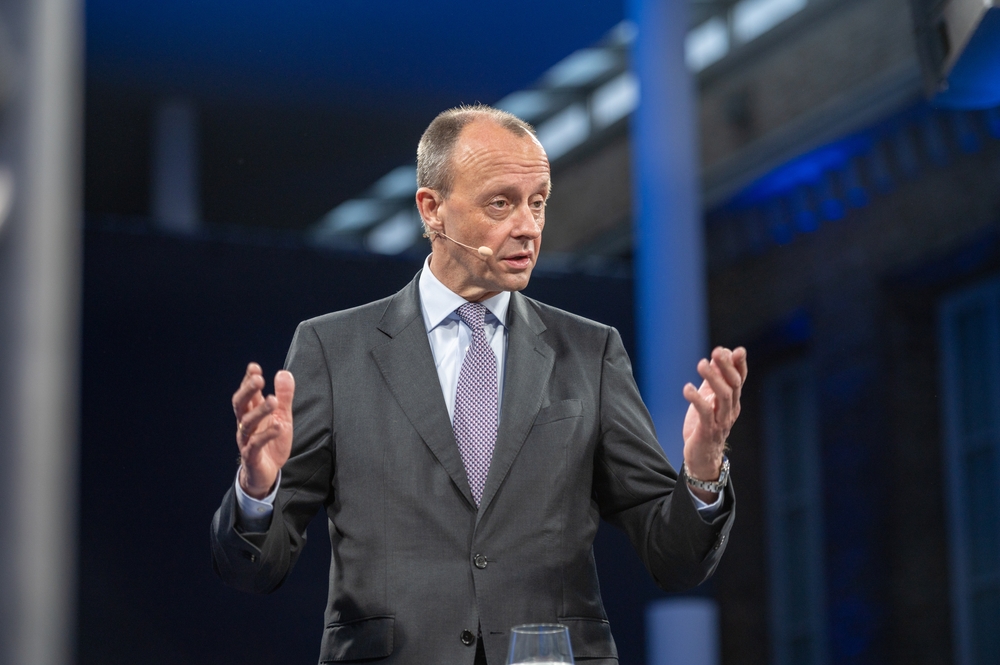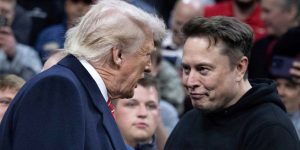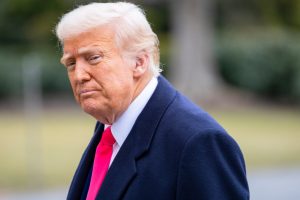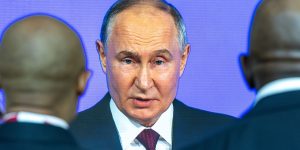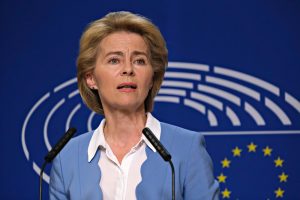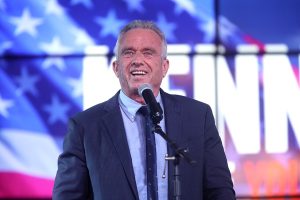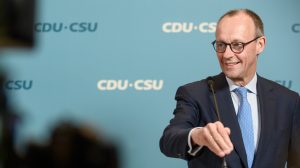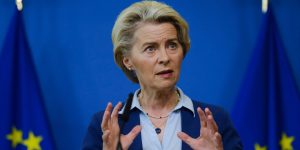Germany will not give up the European democracy.
Others are reading now
The leader of the German conservative opposition, Friedrich Merz, joined his political rivals on Saturday in condemning U.S. Vice President JD Vance’s criticism of Europe’s stance on hate speech and the far right, Reuters reports.
“We respect the rules set by our democratic institutions,” Merz said during a debate at the Munich Security Conference.
“We respect the elections in the United States and expect the same in return. We abide by the rules of our democratic institutions. Freedom of speech remains freedom of speech, but fake news, hate speech, and crimes are subject to legal restrictions and independent courts,” he added.
Increased leadership needed within the EU with US being less reliable
Merz also emphasized Germany’s strategic role at the heart of Europe and the need for increased leadership within the EU.
Also read
“Many things depend on us. We must take on greater leadership within the EU, just as Adenauer and Kohl did—especially now, in light of fundamental changes in our transatlantic relationship. I am ready to take on that responsibility,” he said.
Polls indicate that the conservative bloc led by Merz is currently leading in voter preferences ahead of Germany’s parliamentary elections, scheduled for February 23.
“Germany is a strong defender of freedom of speech, but fake news and hate speech remain subject to legal restrictions,” he added.
His main political rival, Chancellor Olaf Scholz, firmly rejected comments made by U.S. Vice President JD Vance, which were perceived as support for the far-right party Alternative for Germany (AfD).
Scholz insisted that there should be no foreign interference in Germany’s election campaign, dpa reports via Agerpres.
On Saturday, during the Munich Security Conference, Scholz stated that members of AfD downplay Germany’s Nazi past and the horrific crimes of Nazism.
He pointed out that a commitment to ensuring such crimes “never happen again”—as Vance had stated on Thursday during his visit to the Dachau concentration camp memorial—cannot be reconciled with supporting AfD.
“That is why we will not accept external actors interfering in favor of this party within our democracy, in our elections, or in our democratic opinion-forming process,” Scholz emphasized.
“It is inappropriate—especially between friends and allies—and we firmly reject it,” the German chancellor added. “We will decide for ourselves how our democracy continues to evolve,” he concluded.

